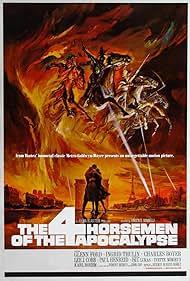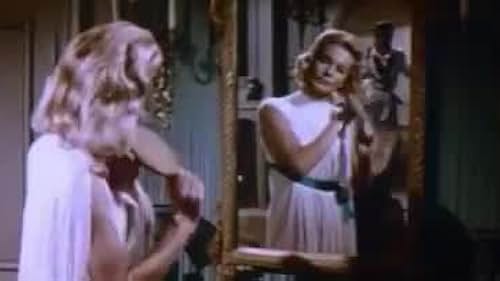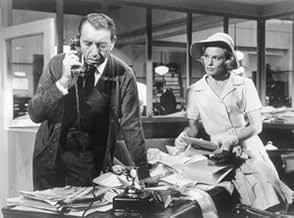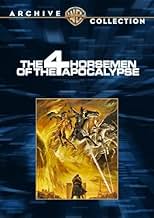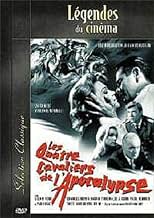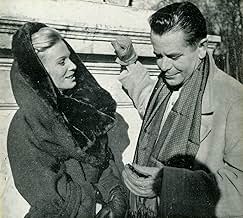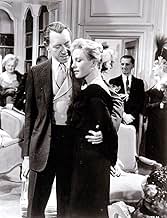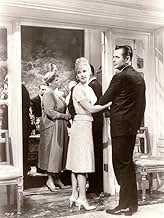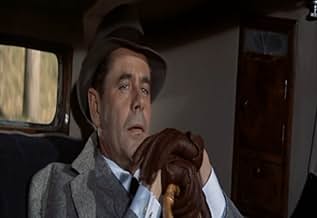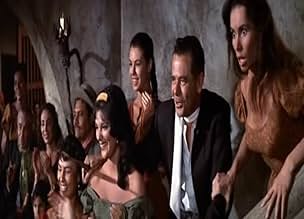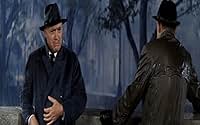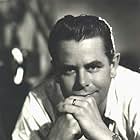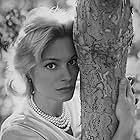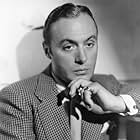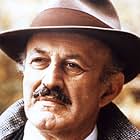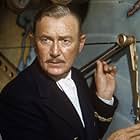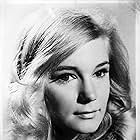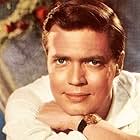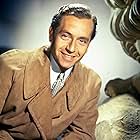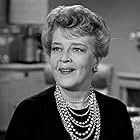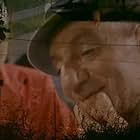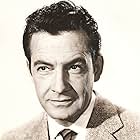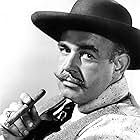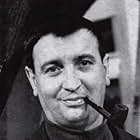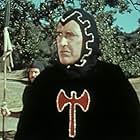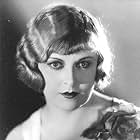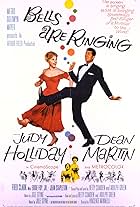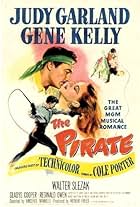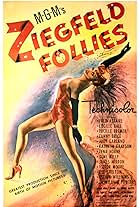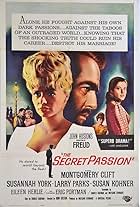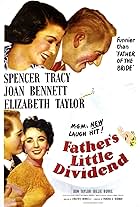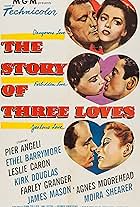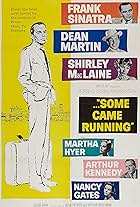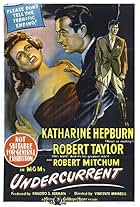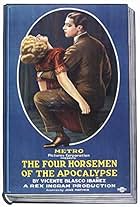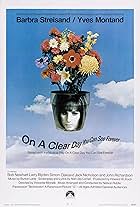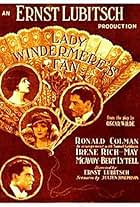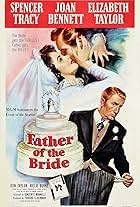IMDb RATING
6.5/10
2.4K
YOUR RATING
In Argentina, one daughter of patriarch Madariaga is married to a Frenchman while the other is married to a German thus leading to a crisis when Nazi Germany occupies France and some Madaria... Read allIn Argentina, one daughter of patriarch Madariaga is married to a Frenchman while the other is married to a German thus leading to a crisis when Nazi Germany occupies France and some Madariaga family members fight on opposite sides.In Argentina, one daughter of patriarch Madariaga is married to a Frenchman while the other is married to a German thus leading to a crisis when Nazi Germany occupies France and some Madariaga family members fight on opposite sides.
Karlheinz Böhm
- Heinrich von Hartrott
- (as Karl Boehm)
Harriet E. MacGibbon
- Dona Luisa Desnoyers
- (as Harriet MacGibbon)
Albert Rémy
- François
- (as Albert Remy)
Richard Angarola
- Minor Role
- (uncredited)
Jan Arvan
- Auctioneer
- (uncredited)
Gertrude Astor
- Woman at Auction
- (uncredited)
- …
- Director
- Writers
- All cast & crew
- Production, box office & more at IMDbPro
Storyline
Did you know
- TriviaLee J. Cobb played Glenn Ford's grandfather, despite only being five years older than him (Cobb is actually made up to look twenty years older with gray hair and a large gray mustache).
- GoofsIn the scene where the German army parades through Paris (June 1940) they're marching under the Triumphal Arch and past the Tomb of the Unknown Soldier (this is indicated in the scene's opening shot with the eternal flame on the tomb). In fact, the Germans refrained from marching through the Arch, as did de Gaulle and the Free French in 1944. The German HQ wanted to avoid stirring up revulsion and hatred, and no parade at all has marched there since the Unknown Soldier was put to rest in 1920. They have all passed beside the Arch (part of the symbolism of the Tomb is a wish for "no more wars").
- Quotes
Marcelo Desnoyers: No man really loves life, who is unwilling to die for it.
- ConnectionsFeatured in 7 Nights to Remember (1966)
Featured review
A film that's always been held in a great deal of affection here in Spain (and not just because it's a Blasco Ibañez story, nor because hearing it dubbed into Spanish relieves us of Angela Lansbury). As far as I'm concerned, and pace the other reviewers, Glenn Ford's utterly convincing portrayal of Julio is by far the best thing about it. So what if he's a bit long in the tooth? a great many real-life playboys are, and his maturity makes the romantic dilemmas posed by the plot all the more poignant. From start to finish he's seriously, dangerously likeable, which he certainly needs to be in order to win the love of a beautiful, intelligent and patriotic Frenchwoman over her heroic Resistance husband. The romance actually convinces, against the odds, and saves a movie that might otherwise easily have been a ghastly flop.
After all, what else is there? Andre Previn's music is impressively dramatic but there is a worrying lack of restraint in the score, both in the overblown intro and the pretty but intrusive "love theme" cue, complete with solo violin, which insists on being heard every time the hero and heroine so much as glance at one another. The "four horsemen" vision manages to stay just this side of Monty Python (with the aid of swirling clouds), but doesn't save the opening scenes of the film from lurching full-pelt into overplayed melodrama (the death of the patriarch Madariaga: one too many thunderclaps for a start), and doesn't tie in too well with what was eventually left in from Blasco Ibañez's tale (pestilence? famine? where?). The plot is 100% predictable, and the rest of the acting is competent without being memorable.
I must admit, though, I was impressed by the very Minnelli-esque sequence which took Ford's eyes staring at a scene of dancing and frivolity between Nazi officers and collaborationist women, superimposing the two and mixing in newsreel-style war footage; likewise, Henreid's heartstopping portrayal, in one scene, of a man almost broken by torture, emerging from a Gestapo jail; and the finely judged acceleration at the end towards the story's predictable but satisfying climax. Not a film I will want to make a habit of seeing, but would certainly stand a second and maybe even a third viewing.
After all, what else is there? Andre Previn's music is impressively dramatic but there is a worrying lack of restraint in the score, both in the overblown intro and the pretty but intrusive "love theme" cue, complete with solo violin, which insists on being heard every time the hero and heroine so much as glance at one another. The "four horsemen" vision manages to stay just this side of Monty Python (with the aid of swirling clouds), but doesn't save the opening scenes of the film from lurching full-pelt into overplayed melodrama (the death of the patriarch Madariaga: one too many thunderclaps for a start), and doesn't tie in too well with what was eventually left in from Blasco Ibañez's tale (pestilence? famine? where?). The plot is 100% predictable, and the rest of the acting is competent without being memorable.
I must admit, though, I was impressed by the very Minnelli-esque sequence which took Ford's eyes staring at a scene of dancing and frivolity between Nazi officers and collaborationist women, superimposing the two and mixing in newsreel-style war footage; likewise, Henreid's heartstopping portrayal, in one scene, of a man almost broken by torture, emerging from a Gestapo jail; and the finely judged acceleration at the end towards the story's predictable but satisfying climax. Not a film I will want to make a habit of seeing, but would certainly stand a second and maybe even a third viewing.
- Hedgehog_Carnival
- Sep 5, 2003
- Permalink
Details
- Release date
- Countries of origin
- Language
- Also known as
- The 4 Horsemen of the Apocalypse
- Filming locations
- Production companies
- See more company credits at IMDbPro
Box office
- Budget
- $7,174,000 (estimated)
- Runtime2 hours 33 minutes
- Color
- Aspect ratio
- 2.35 : 1
Contribute to this page
Suggest an edit or add missing content

Top Gap
By what name was The Four Horsemen of the Apocalypse (1962) officially released in India in English?
Answer